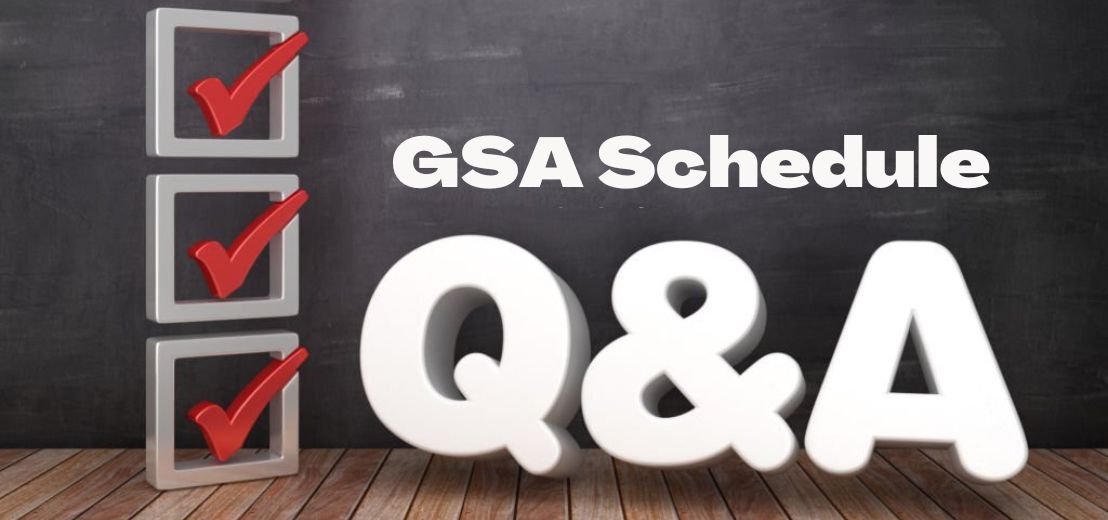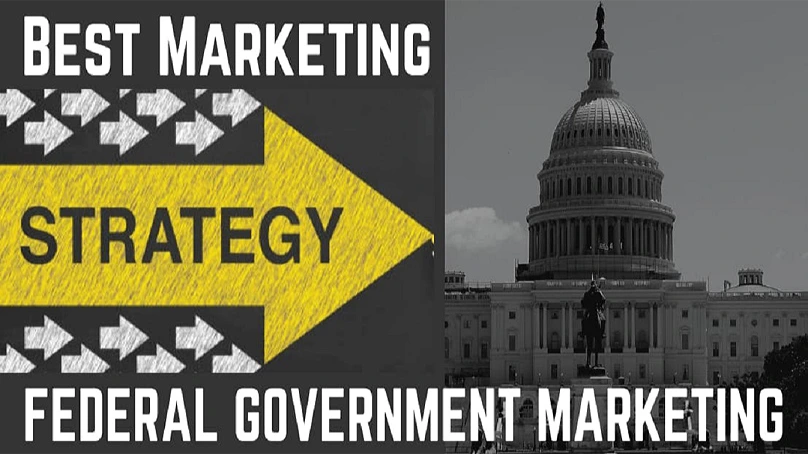


We at Public Spend Forum believe that government market research, knowledge, and analysis are essential skills for individuals working in public sector contracting. We're not alone either. We discovered that only a very small part of the procurement workforce is thought to perform government market analysis and research successfully in a study on workforce capabilities commissioned by The Volcker Alliance and backed by our Public Spend Forum research team.
The fact that "supply market analysis" is listed as a crucial ability for the procurement function makes this situation particularly difficult. We started creating tools and resources to help buyers find suppliers and to help suppliers be found by their potential buyers to fill this gap and enhance the quality of market research conducted within the public sector.
Seven steps to better government market research, which is the outcome of this endeavor, is available for download below. In a series of blog entries, we'll go over each phase and offer some free tools and templates you can use to enhance the results of your supplier and government market.
The seven steps for government market research are as follows:
The most vital step among these are- “Know what you are purchasing”
Even while it might seem obvious, there are other factors to take into account before starting your government market research. First and foremost, think about what you are purchasing. Is it a product or service that is frequently bought by both the government and private industry? If the response to that query is "yes," you are purchasing commercial goods.
It could be simpler to identify commercial goods using popular search engines like Google, but keep in mind that not all commercial sellers are qualified to conduct business with the government. So while you might come across some excellent businesses and goods in your early investigation, it's crucial to determine whether they can compete for government contracts before you go any further.
By checking for a company's unique identifier in the Data Universal Numbering System (DUNS) and then conducting a SAM.gov search using that DUNS number, you may evaluate whether organizations you find of interest are legitimate federal contractors. Alternatively, you can use a database like GovShop, which compiles a list of approved government contractors, to weed out vendors who are unwilling to do business with your public sector organization. GovShop provides the supplier's DUNS number, which is necessary for government sales, in every company profile.
Knowing what goods or services you are buying for your customer can be learned by first locating these vendors. You can discover what they do or offer by reading their websites, white papers, and capability statements, and this information translates effectively into helping your clients build requirements documents that precisely articulate desired business objectives.
GovShop is one of the government market research tools that was developed to make it simpler for procurement specialists to locate pertinent vendors. You can look for top-notch contractors that target the government market by using our database, which is free to use and browser-based. Previously, commercial search engines like Google and Bing served as the main source for this type of search; however, GovShop now screens out businesses with no interest in the public sector market.
No software download is necessary to use GovShop a government market research tool. You can use it straight away to create supplier profiles that will influence your government market research, and each profile has the details you need to go deeper into the offerings for products and services. It's critical to get this right since whatever you and your customer finally decide to include in the requirements document will govern the proposals and prices you receive from your solicitation.
Your defense against requirements papers that allow contractors to present their best selves is focused on supplier and government market research.
Here are some research issues you should address because the answers will be essential to your requirements and solicitation documents during this "what are you buying" phase.
Commercial goods can simplify the procurement process since they are simpler to get, come with more agreeable terms and conditions for all parties, and many agencies offer flexibility under certain commercial item spending criteria.
Know not only the parts of the product or service but also how the consumers or beneficiaries would profit from it. This is the most effective technique to gather information as a reputable business counselor, and it may help you give context to your recommendations and inquiries throughout this planning stage.
In our personal lives, many of us can attest to the fact that when we discover brands we like, we frequently repurchase them. Government market clients are no different from the general public in that we do develop preferences for products that we are familiar with, whether they be vehicles or big appliances. But unlike in our private life, we are not allowed to display brand allegiance to a certain seller without good reason. Prepare for a lengthy discussion on the advantages and disadvantages of a brand name or equivalent procurement techniques if it appears that this will be a problem for your program customer.
Employing contractors is an excellent method to bolster a staff or bring in specialized skills to address issues, but some government jobs are designated as intrinsically governmental for a reason. When creating your timeline, keep in mind that outsourcing certain tasks can be challenging and frequently necessitates its reasoning process.
You will need to invest a lot of time and energy into creating job descriptions that specify exactly what requirements a contractor's proposed resources must meet to be eligible for the position if you hire contractors into sensitive positions where they will have access to classified information or medical information about individuals. Consider whether the resource you are describing exists in the market before moving too far ahead with your staffing plan.
Large office spaces with empty cubicles and workspaces for hired teams are present in some corporations, but not all of them. Coordination with facilities management will need to be added to your list of planning tasks if your company is space-constrained and your program customer wants their contracted workers present.
Understanding what will be given in exchange for the time worked is now crucial for services contracts. If your contract type is labor hour, you'll need to provide the contractor with clear expectations so they know how to use their time. You'll then need to make sure the software is ready to oversee that time to guarantee work output is submitted and approved. Make sure the outcomes are specified and that contractors are aware of what is expected of them in increasingly performance-based service contracts. When you are discussing and interacting with suppliers throughout the market research process, this can frequently be mentioned.
Government market research is not just about technical details and labor; it's also about knowing whether your target market's perfect product falls inside the government estimate that determines the budgetary obligation. You should have a broad concept from your market research of how these cost factors would affect the acquisition because a customer's request will frequently include specifics that can increase (or decrease) expenses.
For a helpful template that walks you through the issues linked to Government Marketing, see our blog area.






